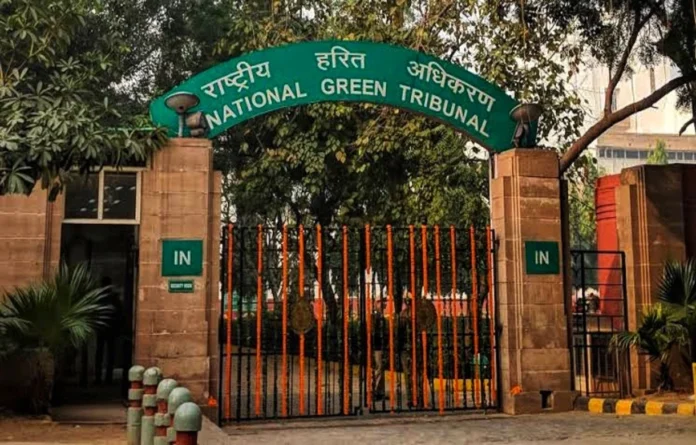The National Green Tribunal (NGT) has taken took suo motu cognizance of the alarming levels of heavy metals and toxic substances, including mercury, banned pesticide DDT, cancer-causing polycyclic aromatic hydrocarbons (PAH), and fluoride found in Arkavathy river in Karnataka.
The original application is registered suo-motu on the basis of the news item dated November 22, 2024.
As per the article, the river is a vital source of agriculture and horticulture in Karnataka.
The article highlights that even after the Karnataka High Court’s direction to protect the Arkavathy River, it continues to suffer from severe domestic and industrial pollution. Originating near Nandi Hills, the river remains vulnerable to contamination until it merges with Vrishabhavathi, another heavily polluted water body carrying Bengaluru’s sewage.
The article reports that the samples were collected from three sites: upstream and downstream of the Thippagondanahalli (TG Halli) reservoir, and the Dodda Mudavadi bridge, located 10 km upstream of the Arkavathy-Vrishabhavathi confluence. The research resulted in the following key findings- DDT Concentrations were found to be 75 times above the European Union’s water quality standards. Hexavalent Chromium, a carcinogenic compound, exceeded safety limits by 100 times according to Canada Water Quality guidelines. Mercury levels ranged from 16 to 26 times above Canadian safety standards at all three sampling sites. PAH was detected in all three samples. These harmful hydrocarbons can cause health issues ranging from skin irritation to cancer.
The Principal Bench comprising Justice Prakash Shrivastava, Chairperson, and Dr. A. Senthil Vel, Expert Member has impleaded the Karnataka State Pollution Control Board, Central Pollution Control Board, Ministry of Environment, Forest and Climate Change, Bruhat Bengaluru Mahanagara Palike, and District Magistrate (Bangalore) as respondents in the matter.
They have been directed to file responses/replies by way of affidavit before the appropriate Bench of the Tribunal.
The case attracts provisions of the Water (Prevention and Control of Pollution) Act, 1974, and the Hazardous and Other Wastes (Management and Transboundary Movement) Rules, 2016, and the Environment (Protection) Act, 1986.
The NGT has recognized its power to take up the matter suo moto, as established by the Supreme Court in the case of Municipal Corporation of Greater Mumbai vs. Ankita Sinha & Ors.
The case has been transferred to the Southern Zonal Bench, Chennai, for further action, with the next hearing scheduled for February 10, 2025.


